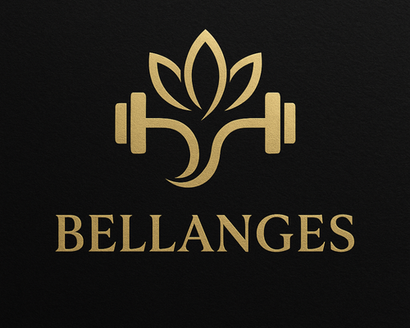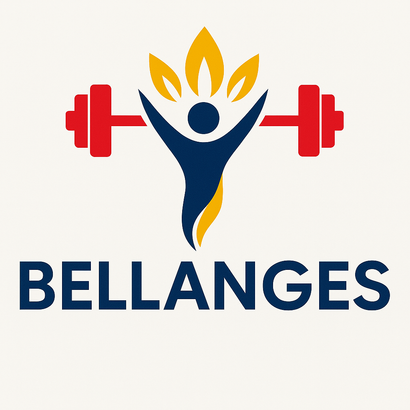Your Cart is Empty
Vitamin and Mineral Deficiency Signs
28 May, 2025 11
Ever feel like your body is trying to tell you something—but you can’t quite put your finger on it? Sometimes, the signals aren’t as obvious as hunger or thirst. Instead, they show up as strange symptoms that might feel random. But these can actually be your body’s way of signaling it needs more nutrients. Here are 23 signs that you might have a vitamin or mineral deficiency, and some tips on what you can do about it.
First up: fatigue. Of course, everyone gets tired, but if you always feel drained no matter how much you sleep, you might be lacking iron, vitamin D, or B vitamins.
Next, take a look in the mirror. Pale or sallow skin can be a sign of iron, folate, or vitamin B12 deficiencies. Cracks at the corners of your mouth or frequent mouth ulcers are other clues, usually pointing to low levels of vitamin B2, B3, or iron.
Hair loss and brittle nails are classic signs of protein, iron, zinc, or biotin deficiencies. If you notice your hair thinning or your nails breaking easily, it’s a message to check your diet.
Dry, scaly skin or persistent acne can sometimes signal a lack of essential fatty acids, vitamin A, or zinc. And if wounds or bruises seem to take forever to heal, you might need more vitamin C or vitamin K.
Muscle cramps or tingling in your hands and feet aren’t always from overexertion—they can actually indicate you’re low on magnesium, calcium, or potassium.
Restless legs or frequent headaches can result from insufficient iron, magnesium, or sodium. And though we don’t always talk about it, trouble focusing or memory issues can stem from a lack of B vitamins or omega-3s.
Vision problems, like night blindness, often suggest a shortfall in vitamin A. Unexpected bone pain or frequent fractures? Think about vitamin D or calcium.
Other warning flags include frequent infections (suggesting a lack of vitamin C, zinc, or vitamin D), a swollen or painful tongue (B-vitamin deficiencies are a usual culprit), or a loss of sense of taste or smell—sometimes tied to low zinc levels.
If you’re noticing frequent mood swings or feelings of depression, that may be related to vitamin D, iron, or omega-3s.
Even symptoms like irregular heartbeat, constipation, or unusual cravings—such as craving ice or non-food items—can signal deficiencies in magnesium, potassium, fiber, or iron.
If several of these signs sound familiar, it might be time to put more variety on your plate. Focus on whole foods: leafy greens, nuts, seeds, whole grains, lean proteins, healthy fats, and colorful fruits. Sometimes, supplementation may help, but always consult a healthcare professional before making significant changes to your routine.
Your body is constantly talking to you. Listen to it, feed it well, and reap the benefits of lasting health




